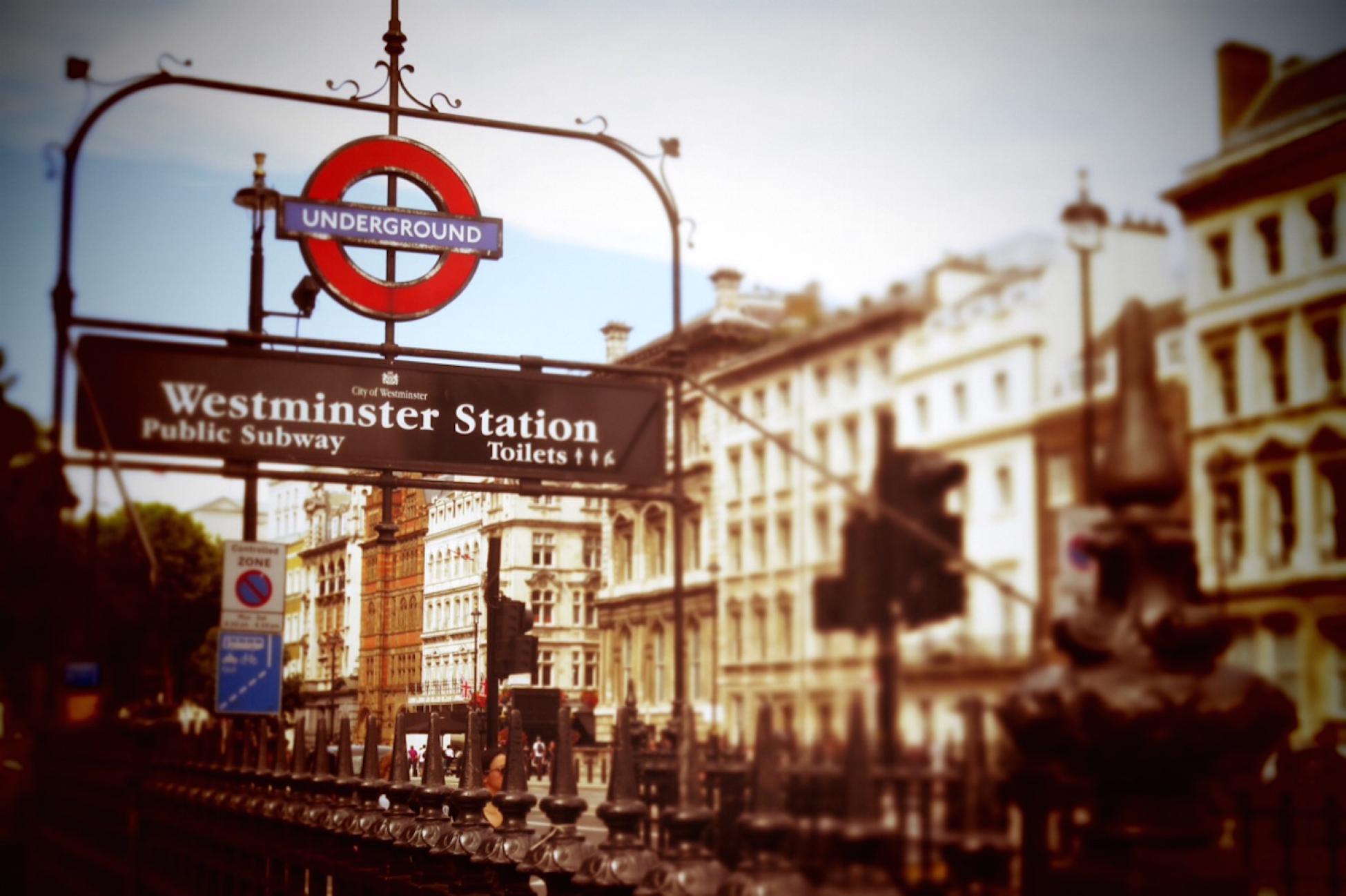“I love living in London, but I couldn’t do it forever,” is a common refrain I’ve heard from young people in the city. A sentiment I understand completely: London is so much.
In 2015, there were 5,491 people per square kilometre in London—all 5,491 of them caught in the unrelenting motion of the city. Even at a standstill, waiting at a crosswalk, or held at a red light, there’s palpable pent up energy ready to burst.
Movement is the heartbeat of London. And it seems if you’re here long enough, that steady pace begins to beat within your chest and course through your veins. Don’t pause. Carry on. Forward, forward, forward.
London lives in you just as much as you live in it. But I’ve discovered over the last few months that it takes conscious effort to find and maintain this particular kind of harmony.
When I first arrived in London, I spent three months firmly in tourist-mode. The constant refrain of “Mind the Gap” felt like a giddy luxury I would never tire of. Tourists on the tube stick out like sore thumbs for a number of reasons, mostly because they’re happy to be there.
Tourists on the tube stick out like sore thumbs because they’re happy to be there.
When I settled into a full-time job with a rush hour commute, this awe quickly morphed into sombre reality. Soon the perpetual motion seeped under my skin and spread like an infection, and the repetition of getting from A to B drained me of energy and positivity. I would arrive home at the end of a workday bitter about the time wasted in transit, unable to slow enough to unwind, but too tired to do anything of value.
I was meant to be settling into my new city and learning to call it home, but instead I felt like I was floating around, merely existing in it. Clearly I needed to do something differently.
In transit, it’s easy to pick out those in sync with London. Some people fight in jerky motions against the give and take of the train, while others expertly flow along as though an extension of the train itself. Some commuters keep a steady stride—down a busy street, through a station, off a bus—expertly weaving so they don’t break pace. Others are swept up against their will.
To live here how I envisioned I had to learn to embrace London’s energy, rather than fight it.
I found that making the conscious choice was more than half the battle. I also made an effort to use my commute constructively so it began to feel like a part of my life and not a pause from it. I catch up on writing, I draft emails, I plan for the days ahead. Often it’s the only place I have time to read or catch a bit of extra sleep.
Somewhere along the line, something just clicked. I won’t pretend that it didn’t take some time to get there, nor that I’m now some sort of super zen commuter in the midst of London’s imponderable chaos. Some days the thought of getting on a crowded bus still makes me want to get back into bed and never leave it again. But for the most part, life in transit has become my normal. Sometimes, I even dare to call myself a Londoner.
And every once in a while, when I least suspect it, I hear “Mind the Gap” through the ears of the tourist I was a short time ago. I’m pulled out of sync for the briefest of moments, see the hum and buzz of London around me with fresh eyes, and remember exactly why I chose it in the first place.
I may not be able to do it forever, but for now, life in transit is a small price to pay to call London my home.
Add this article to your reading list




